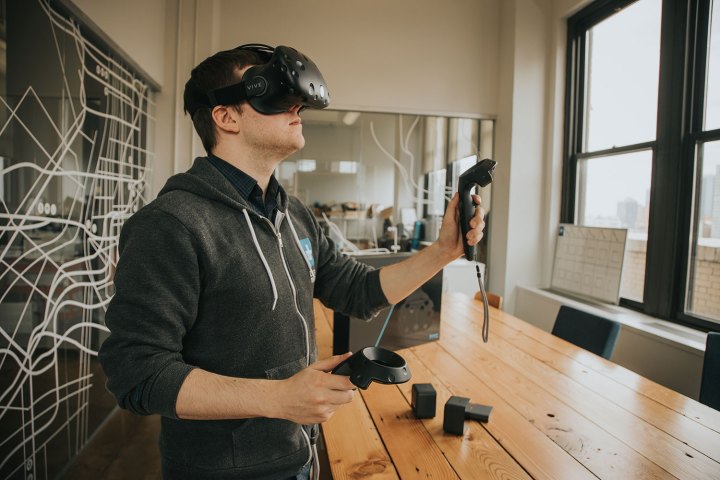
HTC says its consolidated revenues were a dismal 6.753 billion Taiwanese dollars, or $209 million U.S., for the month of May. From January through May, the company’s total unaudited consolidated revenue was 27.32 billion Taiwanese dollars, or $847 million U.S. dollars.
The company saw a small boost of 17.4 percent in unaudited consolidated revenue from April to May, but it’s troubling that with the flagship HTC 10 available now, as well as one of the most well-received virtual reality headsets, HTC’s consolidated revenue still managed to go down by 58.5 percent in comparison to the same five-month time frame from last year.
The company doesn’t have any other product launches in the near term to help boost these numbers for the coming months. A rumored smartwatch was slated to be announced in June, but leaks have noted the release of “halfbeak” has been pushed back to the fall.
HTC was also the rumored partner for both of this year’s Google Nexus devices, but even that doesn’t seem to be the cas,e as a Huawei executive has said the company is making a Nexus device, following the success of the Nexus 6P.
HTC isn’t the only former king struggling with its mobile division — BlackBerry may have to shutter its own mobile department if the Priv or its upcoming Android phones don’t manage to turn a profit this year.


